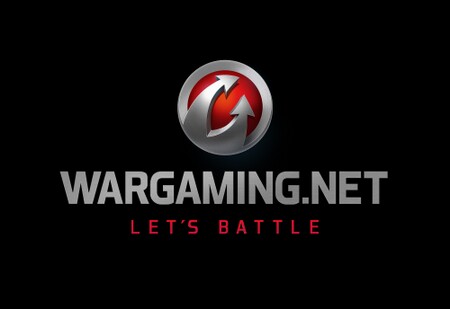
At EB Expo 2013, I was lucky enough to get the chance to speak with Sharon Ng (PR and Marketing Manager), Calvin Shing (eSport Manager) and Kenny Poh (Marketing Manager) from Wargaming. More than willing to answer questions and explain the duties they undertake in their respective field, the information began flowing with the answer to a question I hadn’t even the chance to ask, regarding the Tankasia Tournament. We now return to your regularly scheduled interview already in progress.
Calvin: Tankasia will be starting in the last week of October, or the first week of November. From last season there were a total of about five hundred teams who signed up for the league, one team is seven players, which equates to about 3000-3500. The whole league takes around nine weeks for it to complete and follows point system. Players start out in the challenge series and work their way up to regular and then to the masters, where all the top teams play. Continuing to get better every week. The bottom four of the Masters series will drop back down to regular and such, so every week there’s the drop.
CC: This is the first time a tournament has been set in Australia. How big is that as a moment for eSports, in terms of Wargaming?
Kenny: Of course to us it’s a very strategic move. The game is actually built on a platform that originated from Europe, so what we want to bring across is competitive platform gaming to the rest of the world and of course World of Tanks serves to be a very successful platform. The game itself is very different from other general games where one competition, one game can take forty minutes to an hour. However, our games go for about ten minutes, a race to five or seven depending on whether its semi-finals, quarter finals or finals. But when talking about how big it is for wargaming, it is definitely very important for us. Not only is this happening in Asia, it is actually happening globally for the entirety of of wargaming. We are all running different leagues all over the world and will eventually lead to our, I would like to put it as global championship…
Calvin: Wargaming League.
K: Wargaming Global Championships. It will be a global platform, like the world cup in a way.
C: Every class will send two teams up, their strongest two teams. For example from South East Asia it’s the Tanksasia Masters. The two champions will be sent up and then they will battle with other classes’ two teams.
CC: This tournament is a pretty monumental task. Being a global e-sports event, i would assume there is a prize players work towards?
C: There is a $100,000 prize pool for Tanksasia, per season. There are three seasons in one year and then they work their way up to the global league. The global league from what I know is…
Sharon: 2.5 million
K: 2.5 million USD. All the prize money is in USD
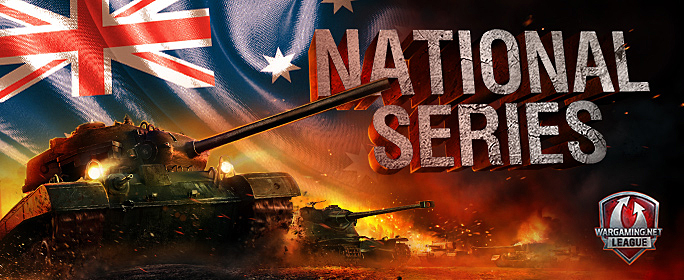
CC: OK. Wow, that’s a lot of money. Like you were saying, now that its global, how difficult is it to coordinate? You mentioned team drop downs, points, that has to be hard to manage on such a large scale.
K: We have specific teams…
C: Yeah, we use all forms of communication between the teams and our other departments. Like Skype, normal phone calls and such, which we are on every week. Each week the teams are supposed to send in their profile, scores and such so we can update it on our website. So we are talking to players everyday [laughs] There may be thousands of players every week, but yeah, we try to talk to them all.
CC: World of Tanks is really picking up support, even getting a new console version. Will this effect you at all, or will the competition remain solely PC based?
S: No, it will not effect us in any way. Though everybody always has a preference, like console vs PC. Its always an ongoing discussion. Like for myself I prefer PC games, but maybe you prefer console games. However we will not connect, as we feel it’s a different experience. Also it may be unfair, because the controls for Xbox if you have tried them before, are actually very different. Its more intuitive and gives you more control.
CC: Going back a bit, with the tournament itself, are their any specific guidelines the players have to follow? With the available communication is it ever difficult to just explain the rules?
C: Yes definitely, because of language barriers. In South East Asia there’s Japanese teams, some Vietnamese teams as well, so we try to converse with them in English and see how it goes. English will normally solve the case. Then if there’s any disputes we’ll tell them to send in an email and we’ll slowly review to them step by step what really happened, in case of any technical difficulties that they had, or draw issues, or disputes with other teams. We’ll solve them…slowly [laughs]
CC: I assume there would be some complaints like that, just because of how intense the entire thing is. Like you said, with everything that’s riding on it, like the millions of dollars. Plus, if everyone’s willing and skilled enough to play on this level, I’m sure there’d be a lot of…not just complaints but second guesses, players calling things unfair.
K: It happens.
C: So for South East Asia we enforce this rule on camping. We’ll give out a first warning and the second warning will lead to a disqualification. So we really enforce this rule a lot, like for example just now for the fourth placing I had a warning sent to one team.
S: Camping drags out the match so it’s like…
C: It’s not entertainment.
S: It’s an unglorified win. If you manage to camouflage yourself and hide really well, the other team can’t find you, even though you’re the last tank. It ends up in a draw which is not…
K: Basically it defeats the purpose of the game, when scenarios like this happen. So what you were saying before about complaints, this is something that we deal with daily. So in Wargaming we have thousands of staff and are facing these kinds of things every day. As a company we are actually very specifically centred on community, so we are always looking at our players feedback, to ensure that they are well taken care of. I mean we can’t please everybody, but we are constantly trying to ensure that our players are heard and we try our best to fix and balance the game. Though its impossible to balance everything at the same time because if you talk about complaints, there’s different class disputes. Every body has specific problems that are totally different from one another. But for us, like I said, we listen and try to help. Like camping, this issue was a specific case that was brought up across Europe and when it came to Asia we felt like we needed to do something. So subsequently Calvin and the team started to do something with the format and improvise this area for, like I said, entertainment. I can’t be watching a game for ten minutes and everybody is just hiding in the trees.
C: Yep, I think for season one the first match which was streamed, there was one team which was camping, so we disqualified them. All the teams were scared, so they listen to us now.
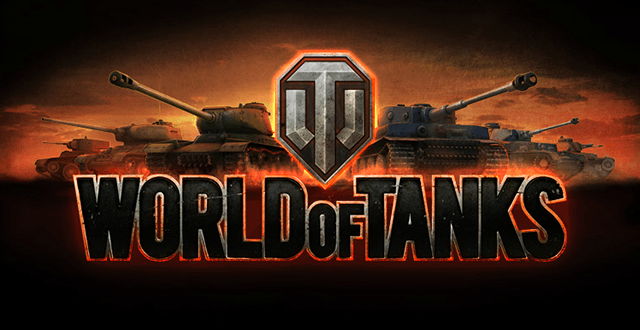
CC: Talking about enforcing these rules, how stressful is it? You yourself aren’t actually playing the game but, whether it’s right or not, player and the audience will complain to you.
C: Ah yes definitely. So different departments will have to maintain their professionalism in talking to players and viewers and such. We do have to stick to a very strict guideline on what to say and what not to say, so that we can maintain our sanity [laughs]. Because players complain about every single little thing honestly.
CC: People often complain about how events are handled. How much does that affect you personally? How often do these complaints get back to you?
K: Almost every time. The thing is that we are all human beings and we are looking at a few hundred to a few thousand every time. Everybody will have something to say. For example you line up somewhere and wait for a present a long time, “Oh, the queue management should have been better.” Some people get the present, but complain they were caught in a queue. Some complain in the queue before they get anything. It’s a chicken and egg problem. So overall in terms of events or eSports, we try to take care of every part. Be it accommodations to logistics, we try to give everybody the very best we can. I can not fully wipe out a problem but I can minimise it. We try to minimise as many of those unnecessary things that should not have happened. But like I said, once again, you cannot please everybody, it happens everyday, like the question you just posed. We were just having complaints earlier on about the event. We only can listen.
C: Everything, even team sides on stage. Left side, right side, the teams wanted to choose sides. [laughs]
K: They felt that maybe the light was too much on one side. It happens. Maybe its superstitions about positioning, this is something that we cannot control, we can only minimise and we can only try to provide. Wargaming is doing that everyday. If you say that we’re stressed, I wouldn’t say that we are but it’s part of what we need to face, and we face it everyday. I mean they are our people in a way, they played our game, supported us, otherwise it would not have grown from Russia and Belarus all the way across the globe in two and a half years. We’re actually spreading really fast, so we need to be very careful and thankful, like what Calvin was saying, because we meet too many people who are different. For example I’m saying one thing today, and another tomorrow. When player don’t get information they’ll say, “I was trying to get some information, they’re not willing to tell us.” Players sometimes don’t understand that portions in a game are not within our control, so we don’t have the information. For example he [Calvin] is an e-sports manager, his speciality will definitely be in the game itself, of the tournament basis, of the structure, of the maps and the machines and how to operate the viewership for that. For me I specifically run events and marketing, I have different areas that I need to cover, I will not take his place. I must be prepared for my own. So it’s part of the job.
C: We all deal with players [laughs]
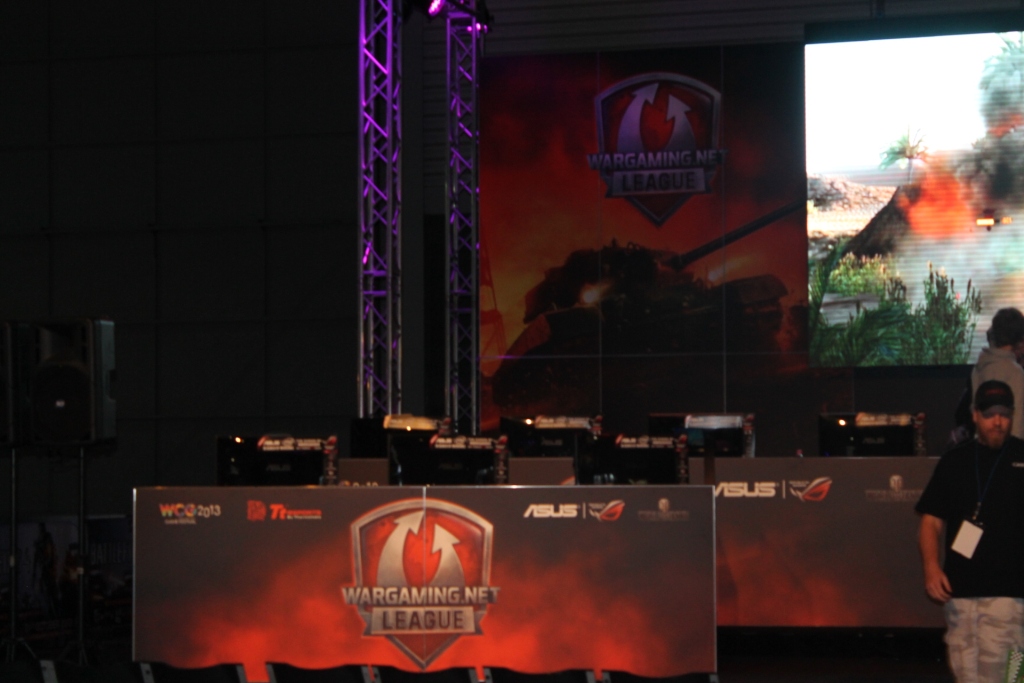
CC: You were saying you do marketing for everything, again going back to communication, how difficult is it due to language barriers and I suppose cultural differences. How does that affect your marketing?
K: Generally in Wargaming, we have a very strict code for how we portray our images, artworks and key arts. So marketing in terms of Europe, North America, Korea, Japan and South Asia is totally different. For example in Asia, we are actually very aggressive in café acquisitions, that’s the main culture differences. For example in Melbourne, it costs about $5-$8 an hour to play in a café and in Sydney its $1.50-$2. That’s a very drastic difference, even in Tasmania, Adelaide, Brisbane…everybody’s cost is different. But generally in Australia itself, because the country is so big, people tend to enjoy playing at home. Now this is one part of marketing, so our marketing for Australia is a lot on ground, we focus more on community engagement. Why? Australians are passionate, extremely passionate about games. But when we go to Asia, for example Singapore, we have a very fast track in terms of our internet, running around 205mbps in fiber optics. But 10 years ago, café in Singapore was running like hotcakes, springing up everywhere like McDonalds, and cafes were packed. But right now, due to the advancement in internet speed, that has changed. So in Singapore the way that we market it is different again, we need to go more viral, go more online. Now we are talking about two first world countries, moving into something that’s a little bit more on the lower end we come to maybe Thailand or the Philippines. The country itself is running on 7mbps. Our client is rather big and takes extremely long for them to download, and they are not able to download at times. So in Thailand the cafes are in the thousands so distribution and marketing there is done via café, where basically we have staff going down with CDs. Giving out CDs to install the game. So you can see the drastic differences.
When it comes to advertisements it’s no more general. In Australia for example TV commercials are still fine because Australians still do actually watch television. Singaporeans don’t watch television, they’re very much on the move, everybody’s on their phone so everything is online. Internet. Internet. But when we go to the other to countries [Thailand, Philippines] there’s activities, outdoor banners. It works for them. So marketing differences, cultural differences, it’s definitely drastic. Totally different from North America and even Europe. Japan, which we actually just started off about three weeks ago at the Tokyo Game Show, manage it totally different. Japan doesn’t believe in Facebook, same applies to China. Every country is different. At Wargaming our marketing team is actually very versatile. It’s all over the world and in every country there’s somebody local. Our company makes it a point that, from the specific countries that are covered, there must be somebody from that country. As the local you understand what’s best and what is most suitable. We specifically work with them, with Singapore controlling the offices for Wargaming in this region. We are actually doing a lot of localisation, whatever we do is all about localisation. Unless its eSports. eSports is different.
C: No, we still need to localise.
K: But eSports is on the global platform in general.
C: Yes
K: So everybody’s there to fight and playing the game is just a language issue. But in general all the imagery is the same, because it needs to be standardised. I hope that helps.
CC: Definitely. But, because the marketing has to be so different just appeal to the different cultures, how do their attitudes react to each other in the game itself?
C: I have to do a very strict guideline and I really have to adhere to it so that I don’t give leeway to any countries, be it due to language problems or otherwise. I don’t give and leeway to anyone, so that everyone knows that whatever I say is final. No leeway is given, no teams can complain. “I’m from Vietnam I don’t understand your rules” [laughs] No.
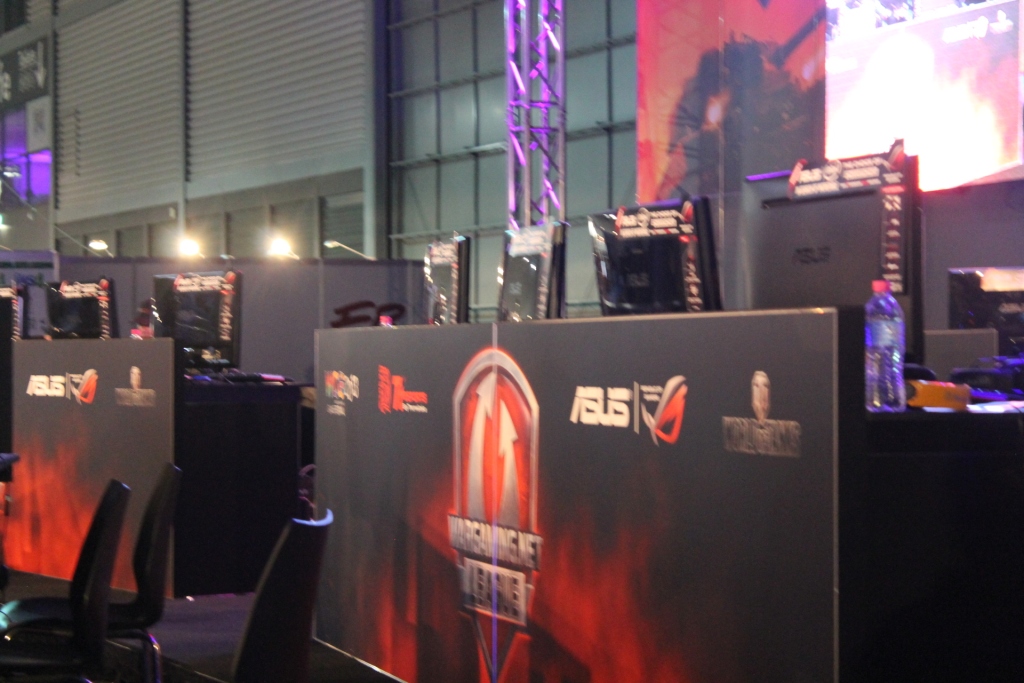
CC: How often would all of these random excuses come up? Like “I don’t understand the rules” or “My internet connection was bad”
C: Yeah, I look through them one by one. Normally I’ll take 24 hours to look through a dispute. I’ll go through every single step that they took. Recently for the Australia national series, the qualifiers, one team couldn’t get ready. So they were complaining in forums, in game chat and such. I talked to him on Skype and went through with him, “What did you do?” step by step. In the end, the mistake was done by him. He did not read the rules and miscalculated the tier points.
CC: How do the more serious, persistent people with complaints affect you? PR especially as sometimes gamers band together, rather than taking the side of the company who apparently wronged them, under the perception that a large company just doesn’t pay attention.
C: For eSports, because of good relations with Wargaming and the players, if there’s obviously something a team has done wrong and he flames it in the forums, our players will support us. There’s no need for us to go out and make and official statement about it, our players will rebut him and such.
K: One of the main reasons I think is that early on, we took extreme efforts to get close to our community. We do listen and players know that. I think Wargaming is really one of the few companies around the world that do a lot of engagement activities on the ground and meet the players a lot. Trust me we meet players from all over the region, we get around. We want the players to know that there will be times there are questions we cannot answer, that we cannot review. But we try our very best. So I think a lot of our players feel, and know, that we actually care. We take the extra effort to make them understand. It’s being human, if you don’t get the attention, “Oh your not interested in me, I’m your paying customer, your not interested in me” However if we care, people know that they can talk to somebody and we make it a point to actually speak to a lot of players, not only from Australia but across the world. We have players on our Skype who personally who talk to us. But sometimes it gets a little bit too much, especially when we’re busy. It happens.
C: I have players on my Skype, my phone, everywhere.
K: These are the kind of things that the company doesn’t ask us to do. But because this is our vision we wish to create something that is very different in terms of community. So we speak to them a lot.
CC: With the tournament as well, it’s such a large scale operation but so much effort goes into giving it a personal touch. How difficult is it to maintain that balance?
C: For example on Skype there’s an unofficial team captain chat, which is steadily growing because every week there are new teams coming in. I’ll have my other managers and such keep a look out on forums, “Hey that’s a new team, lets talk to them, add them on Skype.” If there’s any official news we can also put it on Skype to tell everybody and, if there’s a need to, the can also PM (Personal Message) me for more details. It makes things more convenient. If there are any queries they can ask it in the chat and other team captains will reply to them. For live, offline events, because we have to organise hotel transfers for the players it’ best if I can get their phone number so I can just call them directly. Instead of having just one guy in one agency to handle everything, we prefer the personal touch.
CC: It’s a lot more intensive than just organising a game. A lot of people probably don’t realise how much work goes into it. When you think about a sport, you think about the game itself. Hotels don’t often cross the fans’ minds.
C: People think that they are just talking to me I think, but they are talking to multiple teams.
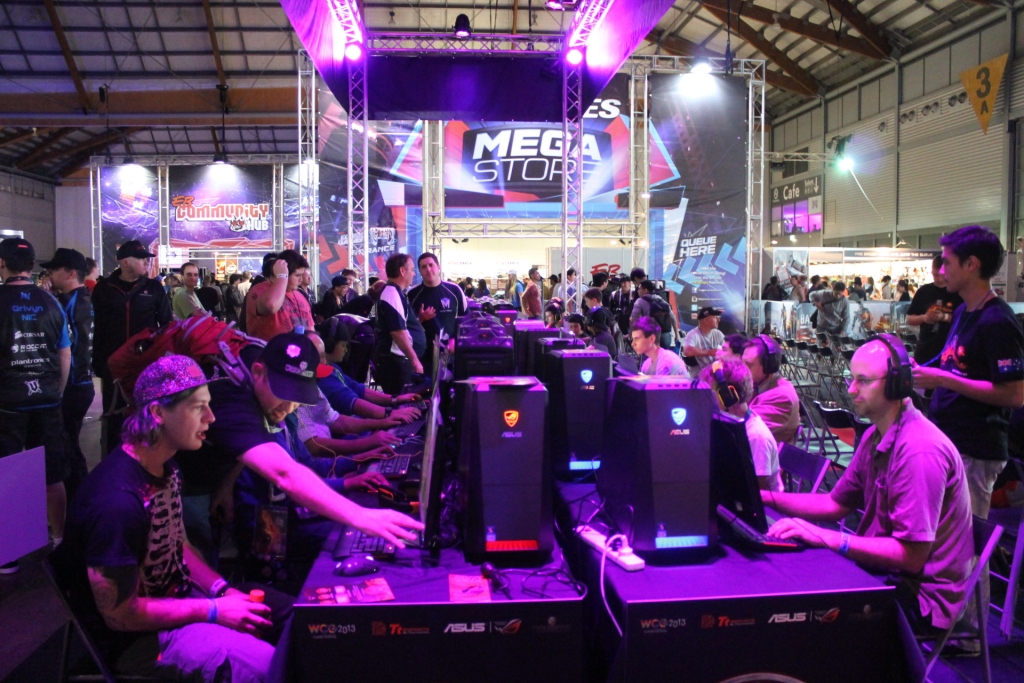
CC: A lot of work people appreciate, even if they don’t quite realise it. Going back to the marketing, people might see an advertisement and judge the game without realising the amount of effort that went into that localising it.
K: Like you said, with marketing, different regions have different bases. Some are console, some are PC regions. It happens. So with our marketing we definitely change our strategy. Such as you know we’re having an Xbox version, so in a way it’s a strategy to move people into World of Tanks on different platforms. We take the data into consideration. We are also going mobile with Blitz. So there are multiple platforms we are going on, so that it caters to everybody. Why would a company want to stop when its actually growing? We don’t want to close of sectors of the market where we can actually expand to as well.
CC: Not just World of Tanks, Wargaming also encompasses World of Warplanes and the newest addition World of Warships. With the effort you put into Tanks alone, how is it going to affect you as these other titles in the trilogy gain more and more players?
K: We cannot say right now [laughs]
S: We’ll tell you next year [laughs]
K: But as of now as you can see Wargaming are only managing World of Tanks. The problem is we already have around 2000-2200 employees around the world and that is only on one title. So expect us to grow further, that’s for sure. Not forgetting the multiple platforms we have coming up.
CC: I was going to say, not only are you growing in games but within World of Tanks alone…
K: We are multiplying. I think because our company is very inclined to make sure the players are taken care of as much as we can, we can’t do a 100% job. But the company is very focused, which is one of the ways we manage our players. We don’t really have a problem with this. Yes players will rage, players will flame, it happens everywhere, in every game.
CC: Like you said, running all of these events, it gives everyone a higher opinion of the company. Some people tend not to put two and two together, attacking the company behind a game they love.
K: Its very simple, let me just put it to you. There’s just too many [laughs] We have 70,000,000 registered players. So just 1% Is enough to keep you busy for two weeks. The amount of complaints…But this is just human nature, we look at the bad but not the good. It’s always the case.
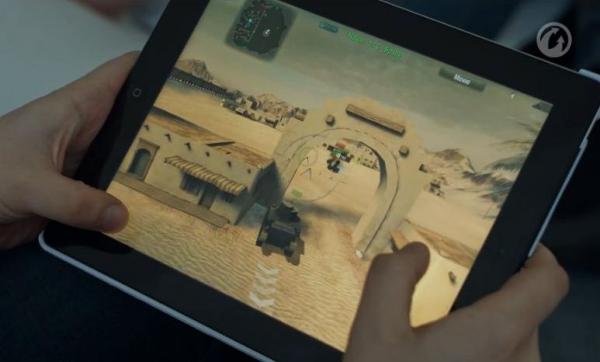
CC: It just becomes expected, when everything runs well its an attitude of, “Of course, why wouldn’t it.”But when something goes wrong…
K: The company is about creating a legendary game, we put a lot of passion into the things that we do and everyone is very committed. For example we are flying from nation to nation. I haven’t been home for two weeks. I just travelled from Tokyo, to Taipei to here. After we get back we have to fly a lot of places as well, like Korea. It happens. It’s tiring, we have families, but its our responsibility to make sure that everything is done properly.
CC: It’s a worldwide thing and, I feel a little guilty for not realising myself, you have to be there at each location. Which would be stressful as much as it is tiring.
K: A fair share, but the company treats us well.
CC: I’m not even sure how to respond. I’m here talking to three people who have to help run millions of players along with events, marketing and the game itself.
K: On our site we deal with about 200,000 users around Asia, with an influx from other regions. We also have players from India playing on our servers which we can’t control. They feel that their ping is safer here, though they should actually be playing on North American servers. We can’t control that, but we try to take care of them as much as we can.
CC: It’s unbelievable. Sometimes it’s difficult to contact people who live half an hour away from me.
K: Maybe you’re to close to each other [laughs]
CC: Speaking of being close, how different are the live, on stage matches for World of Tanks as opposed to the online ones?
C: One of the teams playing on stage had girls coming up, we were shocked [laughs]
S: Players are getting their own fan clubs.
K: Yes, we do all kind of events for Wargaming globally. We tend to have different objectives for different kinds of events, so EB Expo is very different from our PR and marketing events, where there’s a lot more engagement and acquisitions. Here its more of an experience, to showcase the league. Initially there are multiple platform sets for the league, so it’s not just professional league straight away, we have open season for everybody. A place where people can play. To compete at home is easy but when you’re playing in front of a crowd it’s a totally different ball game. Our HR tried when she was in Australia, playing in front of 600 people, she was fumbling. She can play, but she fumbled. It happens. When you are playing for a total pool of 2.5 million, you wouldn’t have to work for a year. For us we have a lot of hardware and software sponsors who are actually watching. Our partners will be hear to see if we can carry their brand, so there a lot more things here than simply playing.
CC: Not only are these events helping eSports spread, but also impacting your marketing…
K: They are watching. They came to see us yesterday, so its actually a platform for us to showcase everything and because we have a live stream, which is growing, there are a lot of opportunities for partner marketing as well.
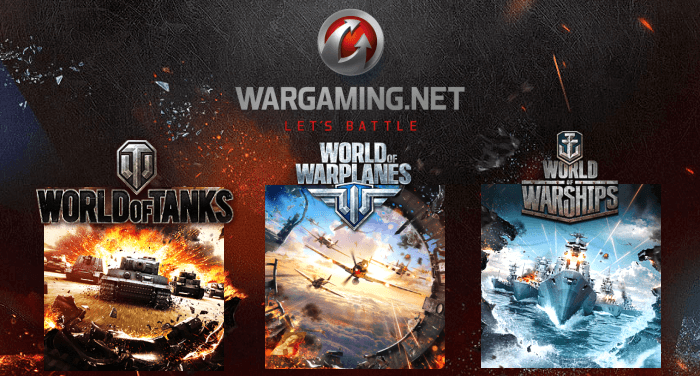
CC: It’s interesting in that regard. Not only are you trying to market the game to the audience and players, but you’re also trying to market your company to possible partners. It strange to know that there’s two parallel promotions running, one of which the audience probably isn’t aware of.
K: It’s definitely different ways of managing. The front end is where it’s created, but the back end has a different portion. The engine behind the function. This is the totality. There’s a lot of things involved. Not only are we passionate about eSports, but we have a lot of other thing we concurrently do. Of course, we go back to the player again, the community, so actually there’s more than two ways. There’s so many platforms, and PR to deal with, any number of things which come back to us. Sometimes it’s hard to explain, but we try our very best in everything, every aspect we do.
CC: There’s certainly a lot happening. You look at the Wargaming name and don’t realise all the machinations behind it.
K: Let me jump the gun a little bit, a lot of people say that, playing games, they always want to work for a gaming company. But when you start to work for one it’s no longer the same. You don’t play games any more. You’re too tied up in too many things. Too many channels you have to be in.
S: It’s kind of like betraying your own game if you play something else.
K: They only look at the surface. But every job is the same.
I would like to thank Sharon, Calvin and Kenny for the very enlightening interview regarding Wargaming, World of Tanks and so much more. It definitely takes a huge effort to organise something as large as a global tournament, a lot of which goes fairly unnoticed. Though with 70,000,000 players and counting, they must be doing something right.

